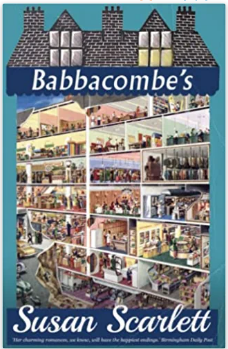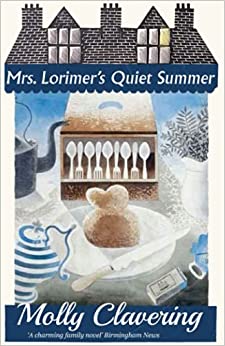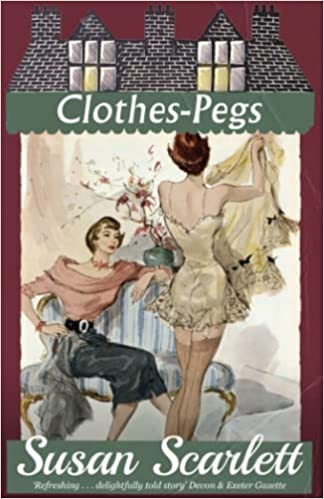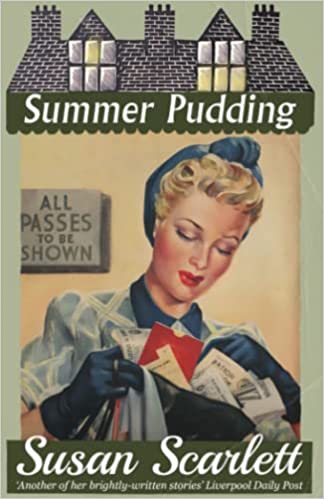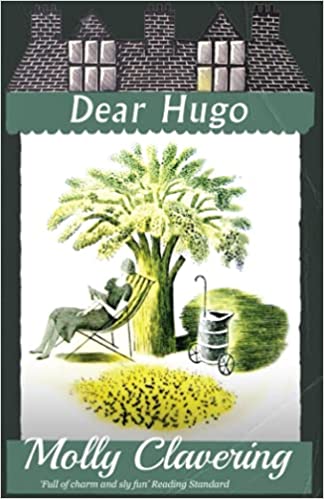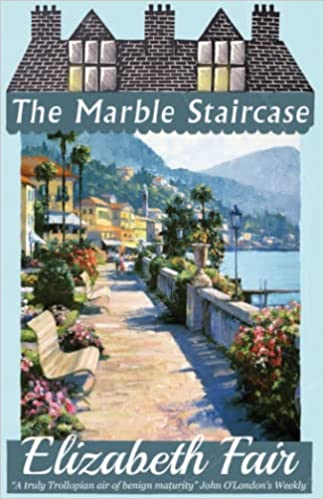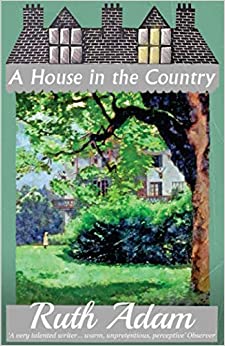The last book I read before this one was This Mournable Body, and after reading that, I felt in need of something light. So I skipped through my queue until I found this book, and it answered the purpose very well.
Unlike the other Clavering works I’ve read, which were set in small towns or villages in the Scottish borderlands, Near Neighbours is set in Edinburgh, in a once-exclusive neighborhood where stately homes are being split up into flats. The two surviving single-family homes are next to each other.
In one, elderly Miss Dorothea Balfour has been dominated all her life, first by her father and then by her older sister. But now her sister is dead, and Miss Balfour has just begun to realize that her life is her own. Still, she is lonely, as her sister considered them to be socially above their neighbors. However, she has always been interested in the activities next door, where the Lenox family, a widow with five grown or nearly grow children, live.
Young Rowan Lenox notices Miss Balfour at the window one day and decides to call on her to offer condolences. She finds the house gloomy but gets along with Miss Balfour well and invites her to tea. Everyone likes her and soon there are friendly visits back and forth.
The three oldest Lenox girls have a romantic concern. Willow is married, but because her husband is in the navy and is often away, she still lives at home. Her mother wishes they would get their own place, and Rowan is disturbed to notice Willow spending a lot of time with Mickey Grant while Archie is away.
Hazel Lenox is a level-headed nurse who is surprised to learn that the hospital heartthrob, Adam Ferrier, approves of her. He even asks her out a few times but then informs her he needs to concentrate on his career as a surgeon. Hazel hadn’t realized until then that she cares for him.
Rowan’s new Highland Dance partner is a brooding Byronic type but the best dancer in the class, Angus Todd. He is sensitive about his lack of background, being adopted, but shows an alarming tendency to be possessive of her, while she thinks of him as a friend.
Miss Balfour is surprised to receive a call from a strange man, who turns out to be the brother-in-law her sister split from six months after she married him. Mr. Milner seems not quite reputable, and Charles Frasier, Miss Balfour’s solicitor, is alarmed because the sister left her entire estate in such a way that Mr. Milner could lay claim to all of it. Through Miss Balfour, Charles meets the Lenoxes and is struck by Rowan.
The novel is a pleasant story about nice people with few real surprises, but the characters are interesting and you want to know what happens to them.




